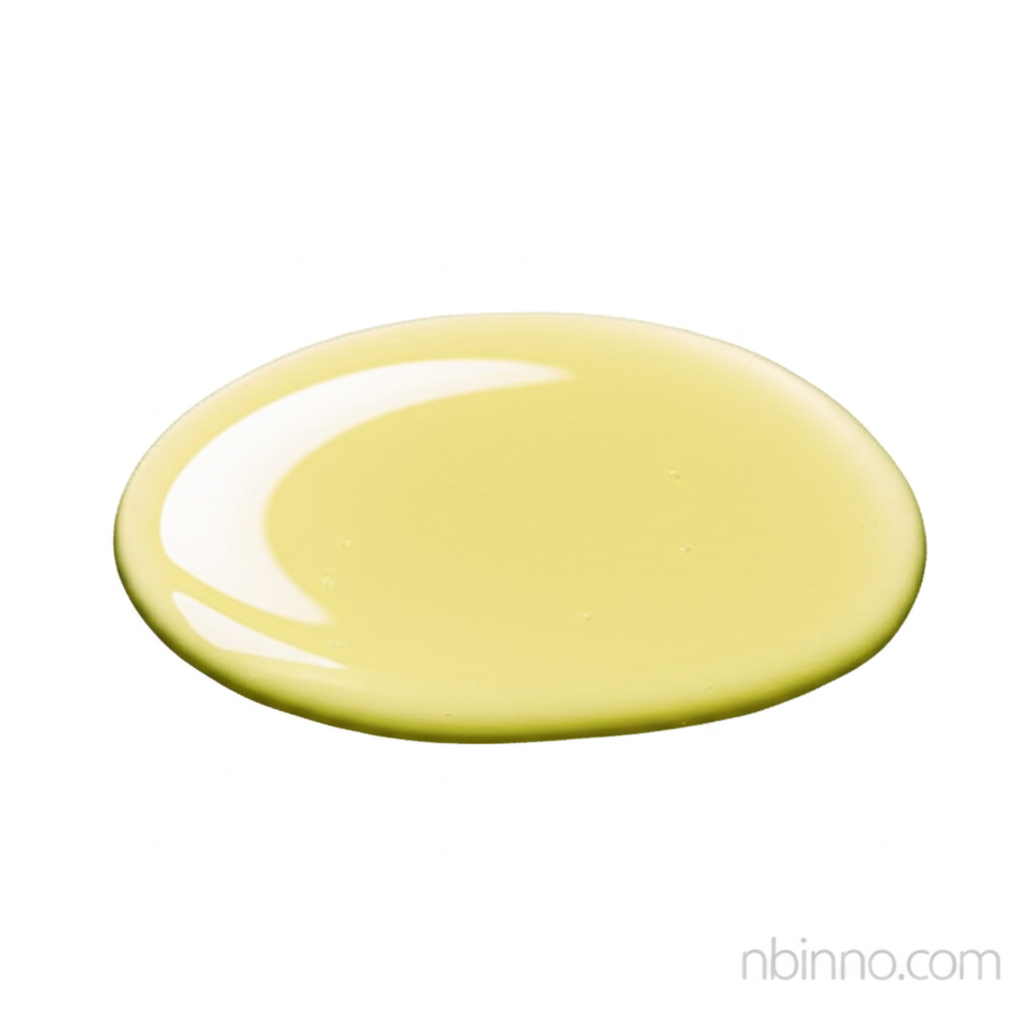Diethanolamine (DEA): Properties, Industrial Applications, and Safety Considerations
Explore the versatile nature of Diethanolamine (DEA), its vital industrial roles, and essential safety guidelines.
Get a Quote & SampleProduct Core Value

Diethanolamine
Diethanolamine (DEA) is a colorless to pale yellow, viscous liquid with a mild ammonia-like odor. Its unique chemical structure, featuring both amine and hydroxyl functional groups, makes it a highly versatile compound. It serves as a critical component in various industrial processes, from gas purification to the formulation of consumer goods.
- Diethanolamine is pivotal in gas purification processes, effectively absorbing acidic gases like CO2 and H2S from natural gas and refinery streams, a key aspect of industrial gas sweetening solutions.
- As a corrosion inhibitor, Diethanolamine provides essential protection for metal surfaces in systems such as boiler water, coolants, and lubricants, contributing to the longevity of equipment.
- In the realm of surfactants and detergents, Diethanolamine acts as an emulsifier and foam enhancer, finding its way into household cleaning products and personal care items.
- DEA is a vital chemical intermediate for synthesizing a range of products including herbicides, pharmaceuticals, and morpholine, underscoring its role in chemical synthesis.
Advantages Provided by Diethanolamine
Enhanced Gas Purity
Leveraging its strong absorbent properties, Diethanolamine ensures the removal of undesirable acidic gases, leading to purer industrial gas streams and improved operational safety. This is fundamental for effective industrial gas sweetening.
Superior Corrosion Protection
As an effective corrosion inhibitor, Diethanolamine safeguards metallic infrastructure in demanding environments, extending asset life and reducing maintenance costs, a key benefit in amine-based water treatment.
Improved Product Performance
In consumer products, Diethanolamine functions as a surfactant and emulsifier, enhancing texture, foam stability, and overall efficacy in applications ranging from shampoos to detergents.
Key Applications
Industrial Gas Purification
Diethanolamine is widely used to remove acid gases like CO2 and H2S from natural gas and refinery streams, a crucial step in the oil and gas industry. This process is often referred to as gas sweetening.
Surfactants and Detergents
DEA is a foundational component in the creation of surfactants and detergents, acting as an emulsifier to help break down oils and fats, thus enhancing the cleaning power of household products.
Personal Care Products
In the cosmetics industry, DEA and its derivatives serve as emulsifiers, thickening agents, and pH adjusters in products like shampoos, soaps, and lotions, improving their texture and stability.
Corrosion Inhibition
Its properties make DEA an effective corrosion inhibitor in various industrial fluids, including boiler water, coolants, and metalworking fluids, protecting metal components from degradation.
